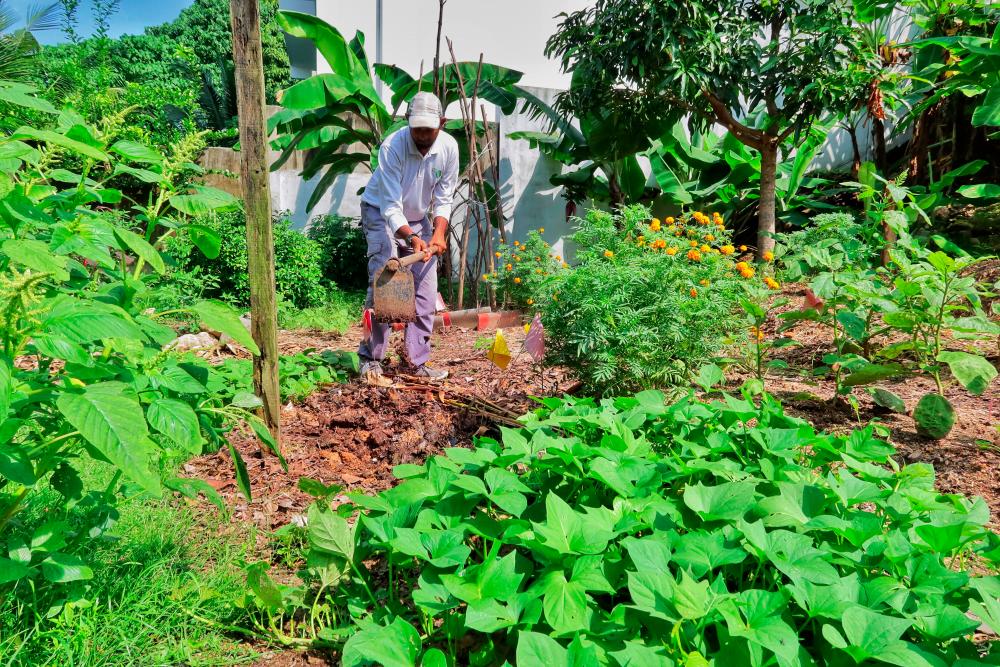GEORGETOWN: In view of global constraints in food security and increasing demand in Malaysia, government agency Mranti CEO Datuk Dr Rais Hussin has proposed to empower smallholder farmers through Fourth Industrial Revolution (4IR) technologies.
He said empowering them to directly benefit from the produce of their land on a national scale would not only ensure national food security but also address digital inclusion and income inequality, propelling the country beyond the middle-income and low gross domestic product trap. Rais said the government should empower smallholder farmers to become independent agricultural producers with the help of 4IR agritech and fintech.
“Absorbing their land into larger estates would exacerbate wealth concentration and contribute to technological unemployment. By empowering individual farmers, the government would foster widespread equitable wealth distribution and economic independence on a national scale,” he told theSun.
ALSO READ: Hot weather: Breeders, farmers take precaution
“However, they suffer from (the effects of) middlemen and lack of finances, among others. This is why we have expensive food.”
He said by 2050, the global population would increase to 9.2 billion, with the urban population expanding by 66%.
“Considering all factors such as the decline in arable land and the increase of greenhouse gas emissions, global demand would increase by 59% to 98%, posing an imminent threat to food security and availability.”
The focus on smallholder agri-business appeals to the government due to its potential to boost farmer incomes and lower food prices, leading to an increase in household spending, driving economic growth and stability.
“The infusion of technology into agriculture is expected to attract young people to the sector, potentially reducing youth unemployment. Consistent improvements in yield, water and pesticide usage, profitability and post-harvest losses encourage the benefits of technological advancements in agriculture. Therefore, it is logical to initiate the implementation of novel solutions at micro-farm levels.”
ALSO READ: Labour shortage threatens to derail country’s vegetable supply and production










